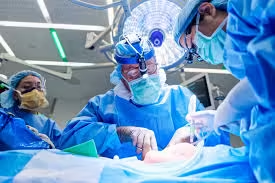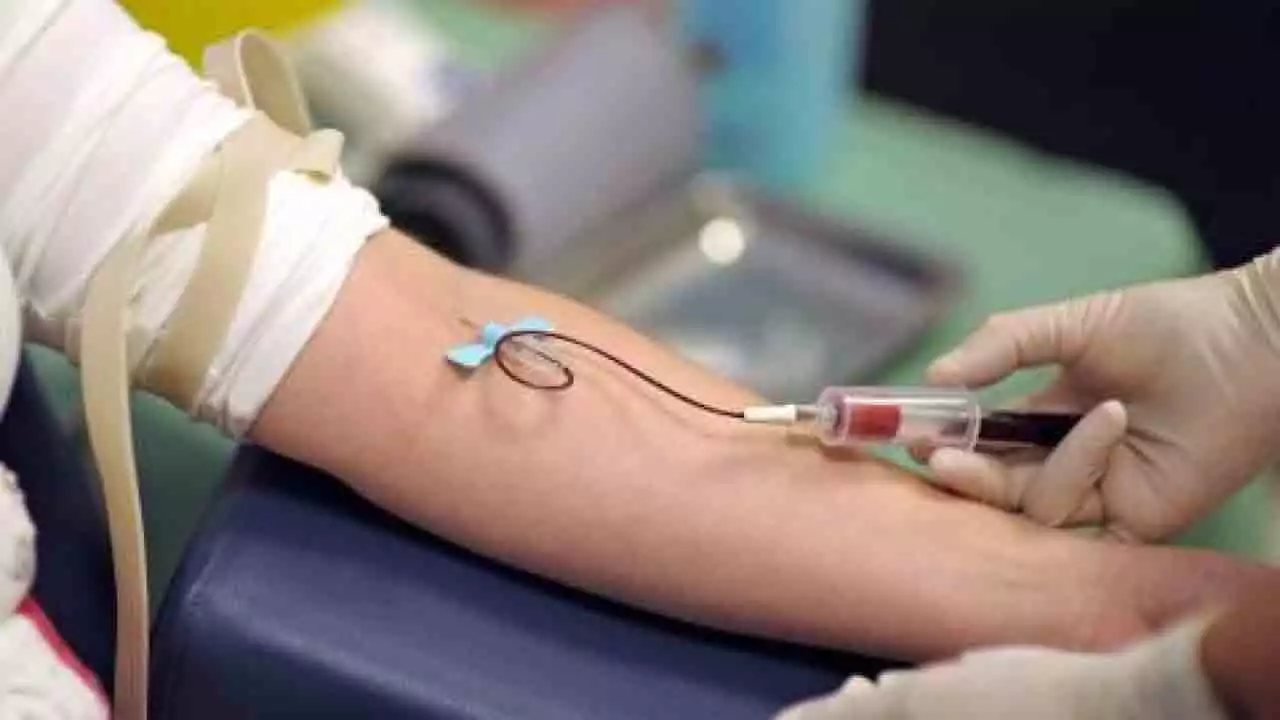Lisa Pisano, who underwent a groundbreaking pig kidney transplant along with an implanted heart device, has passed away, as announced by her surgeon on Tuesday. The procedure was performed at NYU Langone Health in April after Pisano, from New Jersey, was critically ill from kidney and heart failure.
Initially, Pisano appeared to be recovering well, but complications arose approximately 47 days later. The pig kidney, damaged by her heart medications, had to be removed, and Pisano was placed back on dialysis. Despite these efforts and the heart pump, Pisano eventually required hospice care and died on Sunday, according to NYU Langone transplant surgeon Dr. Robert Montgomery.
Dr. Montgomery praised Pisano’s bravery for participating in this experimental xenotransplantation procedure, which uses animal organs in human transplants to address the severe shortage of available organs. “Lisa helped bring us closer to realizing a future where someone does not have to die for another person to live,” Montgomery said. “She will forever be remembered for her courage and good nature.”
Pisano, 54, had expressed her awareness of the risks involved with the pig kidney transplant but decided to proceed, hoping that her participation could benefit future patients. She was the second person to receive a kidney from a genetically modified pig. The first recipient, Richard “Rick” Slayman, who received his transplant at Massachusetts General Hospital, also died in early May, nearly two months after his procedure. His death was attributed to preexisting heart disease rather than the transplant itself.
With over 100,000 people on the U.S. transplant waiting list, most needing kidneys, and many dying while waiting, researchers are exploring ways to make animal organs more compatible with human systems. Several biotech companies are working on genetically modifying pigs to produce organs that are less likely to be rejected by the human immune system.
Besides the two pig kidney transplants, the University of Maryland has conducted pig heart transplants in patients who had no other options, with both recipients dying within months. Despite these setbacks, the knowledge gained from these trials is expected to inform future formal clinical trials with patients who are not in such critical condition.



